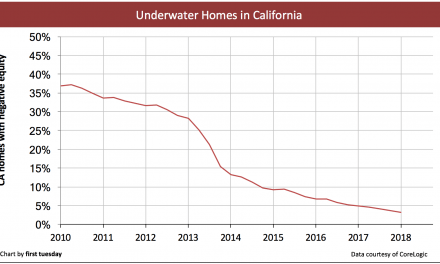As dedicated real estate data analysts, we like to believe the truth is always in the numbers. But data alone doesn’t give the whole picture, as it’s consistently bad at factoring in one particular variable in the real estate equation: human emotion.
Zillow has teamed up with Pulsenomics, Karl Case and Robert Shiller (collectively of Case-Shiller fame), to produce the first-of-its-kind Zillow Housing Confidence Indices (ZHCI). The indices are based on the results from a national survey conducted bi-annually. The inaugural edition of the indices will be published on Thursday, March 13th.
Zillow et al. promise the indices will provide “deep insight” into the attitudes and intentions of homeowners and renters alike. They assert the results of their survey will “serve as a leading indicator for home values, home sales and consumer behavior in the future.”
The Conference Board, an independent economics analysis firm, developed the industry standard Consumer Confidence Index (CCI) in 1967. The CCI is used by the Federal Reserve and stock traders the world over, but it’s regarded with a measure of ambivalence by many. Yes, we look at it, but only as a supplement to the “real data.”
To be sure, Zillow’s index is innovative in its specific focus on housing confidence (and Shiller’s name lends it considerable prestige). But at its core it suffers from the same flaws as the staid CCI: it’s based on “data” pulled from asking people how they feel.
Emotions are fleeting and people can’t always be relied on to tell the truth or accurately express their feelings. There’s also the issue of confidence being misaligned with actual ability, a congenital defect of the American consumer. This was less a problem when easy, subprime financing made all things possible. Now that credit is tighter, the survey may find many who are extremely confident but aren’t able to qualify for the financing to actually buy.
So are we telling you that all attempts to measure the impact of human emotion are obscured behind an impenetrable fog? No. But man-on-the-street type data collection isn’t going to pierce the veil; big data is. The beauty of big data is found in the moral quandary it presents: people are most honest when they are not aware they are being watched. Big data captures human actions and habit. Much can be gleaned from tracking online real estate search behavior, for instance. But this data needs to be paired with otherwise seemingly disparate behaviors, such as auto sales, employment trends and, who knows, perhaps Amazon purchases of fluorescent light bulbs — a formula that no one has gotten right yet.
The point is, Zillow’s index is a welcome addition to the real estate data landscape. But, its approach is a little old school considering the possibilities for innovation in the field.














